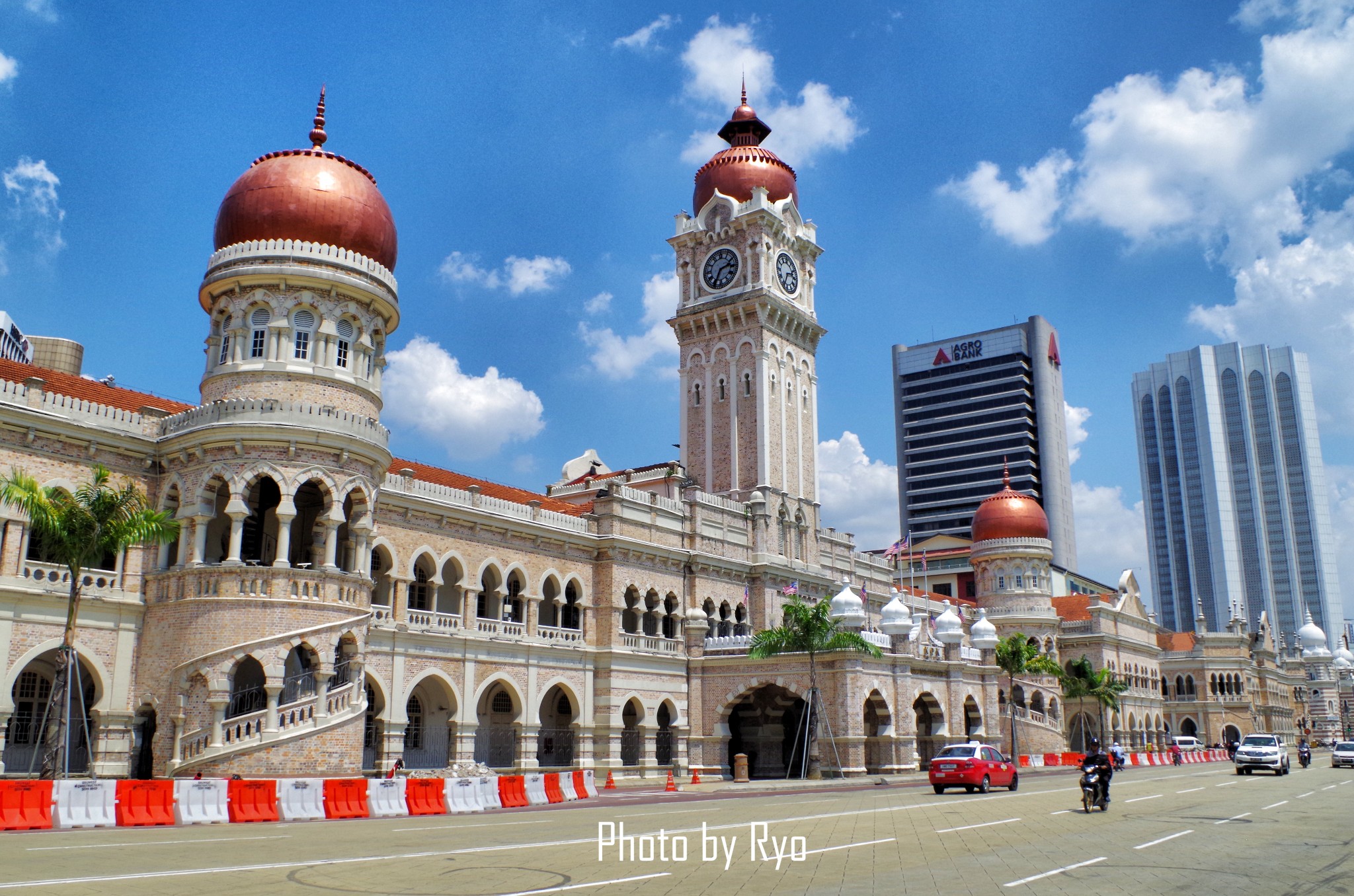
In the tide of global economic integration, Malaysia stands out with its strategic geographic location, political stability, and potential for economic growth, drawing the attention of numerous multinational corporations. Human Resources (HR) departments play a pivotal role in an organization’s overseas expansion. This article delves into the key tasks and challenges faced by corporate HR in establishing factories in Malaysia, aiming to provide practical solutions and advice.
1、Understanding Malaysia’s Investment Environment
Political and Economic Overview: The Malaysian government actively attracts foreign investment, especially in manufacturing and high-tech sectors, offering incentives like tax reliefs and financial subsidies to promote foreign direct investment.
Investment Incentives: In regions like the Iskandar special economic zone in Johor, the government provides special incentives for manufacturing and tech companies, including reduced corporate tax rates and import tax exemptions.
Consideration for HR: Stay updated with policy changes and assess how they impact long-term investment and employee policies.
2、Mastering the Labor Market Dynamics
Workforce Characteristics: Malaysia’s labor market is known for its youthful, well-educated, and multilingual workforce. A high proportion of English-speaking workers is a significant advantage for international companies.
Recruitment Strategies: Attract top talent through platforms like GONEX, local job sites like JobStreet and LinkedIn, and university job fairs.
Recommendations: Ensure recruitment processes comply with local laws, such as equal employment opportunity laws, and consider cultural diversity.
3、Compliance and Legal Requirements
Labor Regulations: Malaysian labor laws cover minimum wage, working hours, and holiday arrangements. For example, standard working hours must not exceed 48 hours per week as per Malaysian labor law.
Compliance Requirements: Establish good communication with local labor departments to stay informed and adapt to legal changes.
Key Points: Regularly conduct employee training to ensure the team understands and adapts to the latest labor regulations.
4、Cultural Adaptation and Management
Cultural Differences: Malaysia, a culturally diverse country, values etiquette and hierarchy. Respecting elders and those in senior positions is common in business meetings.
Cross-Cultural Management: Implement cultural diversity training to enhance the team’s sensitivity and adaptability to different cultural backgrounds.
Important Consideration: Encourage multicultural exchanges to foster understanding and respect among employees from diverse backgrounds.
5、Factory Construction and Facility Management
Site Selection Criteria: Consider location, accessibility, and local infrastructure. Building a factory near Kuala Lumpur can leverage its developed transportation network and supply chain.
Facility Management: Ensure compliance with safety and environmental standards, such as regular equipment safety inspections and waste management.
Key Points: Consider employee commuting convenience and safety in site selection and facility management.
6、Employee Training and Development
Training Programs: Provide customized training for employees at different levels, including technical skills, management techniques, and career development plans.
Career Development: Offer internal promotion opportunities and professional training programs to encourage long-term career growth.
Important Notes: Regularly assess training effectiveness to ensure alignment with company goals and employee needs.
7、Workplace Health and Safety
Legal Regulations: Comply with Malaysian workplace health and safety laws, including emergency response and work injury compensation.
Implementation: Regularly conduct workplace safety training, ensuring employees are familiar with safety procedures and emergency measures.
Key Considerations: Routinely review workplace safety and address potential hazards promptly.
8、Compensation and Benefits Management
Salary Structure: Set compensation levels based on Malaysia’s market standards and cost of living, adjusting for different cities’ living costs.
Social Security Contributions: Manage and execute employee social insurance contributions, including pension and healthcare insurance.
Work Permit Processing: Provide detailed work permit application guidance for foreign employees to ensure legal employment.
Holiday Management: Comply with Malaysia’s statutory holidays and consider offering additional benefit holidays.
Considerations: Maintain transparency and fairness in compensation and benefits policies, regularly conducting market research to ensure competitive salaries.
9、EOR and Payroll Services
EOR Services: Simplify international employee management and compliance using Employer of Record (EOR) services. EOR service providers can handle work permits, payroll, and tax matters.
Payroll Outsourcing: Consider outsourcing payroll management for efficiency and accuracy, choosing providers with good reputations and experience.
Key Considerations: When selecting EOR and payroll service providers, consider their professionalism, security, and customer service quality.
The investment environment in Malaysia offers significant opportunities for international businesses, but it also comes with challenges. As a key department for successful expansion, HR not only needs to deeply understand the local market characteristics, cultural differences, and legal regulations, but also flexibly address various human resource management issues. Through effective strategic planning and implementation, HR can help companies firmly establish themselves in Malaysia’s dynamic market.